10 Best Online Academic Research Tools and Resources
Every college student conducts research at some point. And professors have strong views on what counts as a credible academic resource. Choosing the wrong sources can hurt your grade.
So how can you conduct research efficiently while avoiding sleepless nights in the campus library? Online academic research tools make it easier to find reliable sources quickly.
Rather than pulling random facts from the internet — and running into problems with citations — college students need to know how to find credible sources and how to use online academic tools. Keep reading to learn how you can find the best credible sources for your college research needs.

Popular Online Programs
Learn about start dates, transferring credits, availability of financial aid, and more by contacting the universities below.
The 10 Best Academic Research Sources
What resources will point you toward reliable sources for your academic research? Rather than scrolling through pages of search results, turn to these academic resources when you need to find sources.
1. Google Scholar
Looking for an academic article, thesis , or abstract? Google Scholar should be your first stop. Google Scholar helps you find related works, locate full documents at your school library , and access scholarly research.
While Google created Google Scholar, it’s very different from a general online search. Google Scholar brings together academic articles and ranks them based on the authors, publication location, and citation record. That means the top results generally represent the most reliable scholarship on your topic.
For journal articles, books, images, and even primary sources, JSTOR ranks among the best online resources for academic research. JSTOR’s collection spans 75 disciplines, with strengths in the humanities and social sciences . The academic research database includes complete runs of over 2,800 journals.
And if you’re looking for images, turn to Artstor , which offers over 2.5 million images related to the arts, sciences, and literature. However, JSTOR is not an open-access database. That means you’ll need to log in through your university library, which typically includes off-campus access .
3. Library of Congress
As the largest library in the world, the Library of Congress is an amazing online resource for academic research. Students can search its collections to access digital resources, videos, audio recordings, photographs, and maps.
The library’s materials also include notated music, web archives, legislation, and 3D objects. You’ll find materials for almost any topic in its extensive collections. You can search historic American newspapers from 1777-1963 with the Chronicling America tool or look up pirate trials in another digital collection.
4. PubMed Central
The National Library of Medicine, part of the U.S. National Institutes of Health, runs PubMed Central. Founded in 2000, the database includes academic scholarship dating back to the 18th century. The resource connects college students with life sciences and biomedical academic sources.
And as an open-access database, PubMed Central offers free access to scholarly literature. Today, PubMed Central has over 7 million full-text records, making it a great resource for students in the life sciences or medical fields.
5. Google Books
Whether you’re looking for a recent publication or an out-of-print book, there’s a good chance you’ll find it on Google Books. In 2019, Google announced that Google Books contains over 40 million books .
You can enter any search term to find books that contain matches. And you can download the full text of any book in the public domain — which includes 10 million titles. Make sure to check publisher and author information when using Google Books.
The site also includes reference pages that link to book reviews. Keep in mind that you’ll have more limited access to recent books. Still, Google Books is a great first step to find sources that you can later look for at your campus library.
6. Science.gov
If you’re looking for scientific research, Science.gov is a great option. The site provides full-text documents, scientific data, and other resources from federally funded research.
A U.S. government site, Science.gov searches more than 60 databases and 2,200 scientific websites. You’ll find over 200 million pages of research and development information, including projects funded by 14 federal agencies. Students in any STEM field can benefit from the resource.
7. Digital Commons Network
University librarians curate the Digital Commons Network, which connects students with peer-reviewed articles. The site’s other resources include dissertations, book chapters, conference proceedings, and working papers.
The Digital Commons Network includes scholarly work from diverse disciplines like architecture, business, education, law, and the sciences. You can also access humanities, social sciences, and engineering scholarship through the network.
8. ResearchGate
ResearchGate has been described as social networking for research scientists. But ResearchGate is also a great option to find open-access academic sources. Scholars upload their work to ResearchGate, which makes it available to the public for free.
Currently, over 20 million researchers around the world use the site, which contains over 135 million publications. College students looking for scientific research can often find resources on ResearchGate and even connect with scholars.
9. WorldCat
When you’re looking for library resources, WorldCat is one of the best tools. Connected to over 10,000 libraries, WorldCat is a database that allows you to search library collections.
The database lists books and articles available at your local libraries, making it easier to find materials that are not available online. In addition to books, WorldCat contains music, videos, audiobooks, and scholarly articles.
You can also find digital research materials, including photos. When you’re logged into WorldCat through your university library, you can also access full-text articles and other resources. Or you can use WorldCat to find sources to request through interlibrary loan.
10. Your University Library
When you’re conducting academic research, your university library can be one of your best resources. In addition to online databases, journal articles, and books, your campus library also has academic librarians who can point you to the best sources.
When you don’t know where to start, reach out to an academic librarian to learn more about your school’s research tools. Or use interlibrary loan to get a scanned copy of an article. Many of the campus library’s resources are available online, making them easy to access.
How to Find Credible Sources for Research
How can you find credible sources for research and avoid misinformation? Your instructor likely recommends avoiding general web content or Wikipedia.
Finding the most reliable websites for research starts with evaluating the website itself. Sites run by academic or government organizations rank high in reliability. Databases and specialized search engines can also provide good research sources.
Next, make sure you understand the source of the information and the process used to publish it. Scholarly articles and books that undergo peer review make for the best academic resources.
Finally, when in doubt, check with your instructor or an academic librarian. They can help point you to reliable sources or double-check sources you’re unsure about.
How to Access Academic Resources
Many sites offer open-access resources. That means anyone can access the materials. Other sites restrict what you can read. For example, you might find some blank pages when searching on Google Books because of copyright restrictions. And many academic articles are behind paywalls.
Fortunately, college students benefit from one of the best resources for conducting research: the university library. Your library likely subscribes to multiple academic databases and journals. If you run into a paywall, check whether your library offers access to the resource.
Explore More College Resources

What Is a Research University?
Research universities invest in research and development. Learn more about R1 schools and the reasons to choose a research university.

by Genevieve Carlton, Ph.D.
Updated June 3, 2022

How to Write a Research Paper: 11-Step Guide
Writing a research paper can be challenging, not to mention time-consuming. Follow these 11 steps to write a stellar college research paper.

by Samantha Fecich, Ph.D.
Updated January 17, 2023

Strategies for Writing a Compelling Thesis Statement
The thesis is central to an argumentative essay. These strategies and thesis statement examples will teach you how to write a quality essay introduction.

by Staff Writers
Updated November 4, 2020
Database Search
What is Database Search?
Harvard Library licenses hundreds of online databases, giving you access to academic and news articles, books, journals, primary sources, streaming media, and much more.
The contents of these databases are only partially included in HOLLIS. To make sure you're really seeing everything, you need to search in multiple places. Use Database Search to identify and connect to the best databases for your topic.
In addition to digital content, you will find specialized search engines used in specific scholarly domains.
Related Services & Tools
- Utility Menu
fa3d988da6f218669ec27d6b6019a0cd
A publication of the harvard college writing program.
Harvard Guide to Using Sources
- The Honor Code
- Evaluating Sources
From the many volumes and electronic resources that you have access to through the Harvard library system to the many resources available on the Web, finding information has never been easier. But at times, the sheer volume of information available to you can be overwhelming: How will you know which sources to rely on? How will you decide which sources are appropriate for a particular assignment? How can you determine if the data on a website is trustworthy? What's the difference between what a peer-reviewed journal offers and what a website like Wikipedia offers ?
Although the most useful sources for a given assignment will depend on the assignment itself, as well as on the kinds of sources generally relied upon in your field of study, there are some universal rules that will help you decide whether to use a source. Once you determine whether a source is worth looking at, you'll still need to figure out what you will do with it in your paper , how to cite the information and ideas you draw from it, and how to avoid plagiarism . When you write for an academic audience, you are responsible for making sure that any information you provide and any ideas you cite come from sources that are both reliable and appropriate for your assignment. The most reliable sources are those that have been vetted by scholars in the field—articles published in peer-reviewed journals and books published by academic publishers.
No matter what you're working on, keep in mind that not all sources are appropriate for your project; just because someone has written something down doesn't mean it is a reliable source. Before you decide to rely on a source, you should evaluate the source and decide whether it is appropriate to use in your paper. You should always determine the qualifications of the author, the purpose of the source (that is, in what context it was created), the scope of the source (what it covers and in what depth), and, where relevant, the currency of the source.
- Locating Sources
- Evaluating Journal Articles
- Evaluating Web Sources
- Evaluating Online Media Content
- What’s Wrong with Wikipedia?
- Making Decisions Based on Your Discipline
- Integrating Sources
PDFs for This Section
- Using sources
- Online Library and Citation Tools
Reference management. Clean and simple.
The top list of academic search engines

1. Google Scholar
4. science.gov, 5. semantic scholar, 6. baidu scholar, get the most out of academic search engines, frequently asked questions about academic search engines, related articles.
Academic search engines have become the number one resource to turn to in order to find research papers and other scholarly sources. While classic academic databases like Web of Science and Scopus are locked behind paywalls, Google Scholar and others can be accessed free of charge. In order to help you get your research done fast, we have compiled the top list of free academic search engines.
Google Scholar is the clear number one when it comes to academic search engines. It's the power of Google searches applied to research papers and patents. It not only lets you find research papers for all academic disciplines for free but also often provides links to full-text PDF files.
- Coverage: approx. 200 million articles
- Abstracts: only a snippet of the abstract is available
- Related articles: ✔
- References: ✔
- Cited by: ✔
- Links to full text: ✔
- Export formats: APA, MLA, Chicago, Harvard, Vancouver, RIS, BibTeX

BASE is hosted at Bielefeld University in Germany. That is also where its name stems from (Bielefeld Academic Search Engine).
- Coverage: approx. 136 million articles (contains duplicates)
- Abstracts: ✔
- Related articles: ✘
- References: ✘
- Cited by: ✘
- Export formats: RIS, BibTeX

CORE is an academic search engine dedicated to open-access research papers. For each search result, a link to the full-text PDF or full-text web page is provided.
- Coverage: approx. 136 million articles
- Links to full text: ✔ (all articles in CORE are open access)
- Export formats: BibTeX

Science.gov is a fantastic resource as it bundles and offers free access to search results from more than 15 U.S. federal agencies. There is no need anymore to query all those resources separately!
- Coverage: approx. 200 million articles and reports
- Links to full text: ✔ (available for some databases)
- Export formats: APA, MLA, RIS, BibTeX (available for some databases)

Semantic Scholar is the new kid on the block. Its mission is to provide more relevant and impactful search results using AI-powered algorithms that find hidden connections and links between research topics.
- Coverage: approx. 40 million articles
- Export formats: APA, MLA, Chicago, BibTeX

Although Baidu Scholar's interface is in Chinese, its index contains research papers in English as well as Chinese.
- Coverage: no detailed statistics available, approx. 100 million articles
- Abstracts: only snippets of the abstract are available
- Export formats: APA, MLA, RIS, BibTeX

RefSeek searches more than one billion documents from academic and organizational websites. Its clean interface makes it especially easy to use for students and new researchers.
- Coverage: no detailed statistics available, approx. 1 billion documents
- Abstracts: only snippets of the article are available
- Export formats: not available

Consider using a reference manager like Paperpile to save, organize, and cite your references. Paperpile integrates with Google Scholar and many popular databases, so you can save references and PDFs directly to your library using the Paperpile buttons:

Google Scholar is an academic search engine, and it is the clear number one when it comes to academic search engines. It's the power of Google searches applied to research papers and patents. It not only let's you find research papers for all academic disciplines for free, but also often provides links to full text PDF file.
Semantic Scholar is a free, AI-powered research tool for scientific literature developed at the Allen Institute for AI. Sematic Scholar was publicly released in 2015 and uses advances in natural language processing to provide summaries for scholarly papers.
BASE , as its name suggest is an academic search engine. It is hosted at Bielefeld University in Germany and that's where it name stems from (Bielefeld Academic Search Engine).
CORE is an academic search engine dedicated to open access research papers. For each search result a link to the full text PDF or full text web page is provided.
Science.gov is a fantastic resource as it bundles and offers free access to search results from more than 15 U.S. federal agencies. There is no need any more to query all those resources separately!
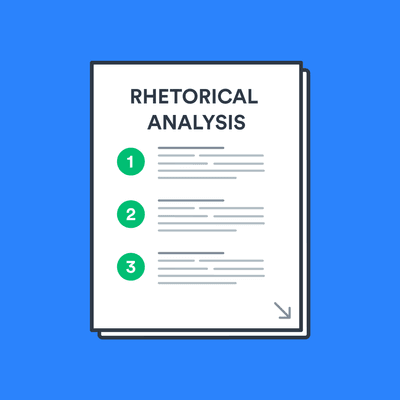
- Mission and history
- Platform features
- Library Advisory Group
- What’s in JSTOR
- For Librarians
- For Publishers
- For Educators
About JSTOR
Jstor provides access to more than 12 million journal articles , books , images , and primary sources in 75 disciplines..
We help you explore a wide range of scholarly content through a powerful research and teaching platform . We collaborate with the academic community to help libraries connect students and faculty to vital content while lowering costs and increasing shelf space, provide independent researchers with free and low-cost access to scholarship, and help publishers reach new audiences and preserve their content for future generations.
JSTOR is part of ITHAKA , a not-for-profit organization that also includes Artstor, Ithaka S+R, and Portico .
JSTOR retires Publisher Sales Service
Jstor daily wins a 2024 silver anthem award, jstor scales access to interactive research tool in beta, empowering researchers and educators with ai, primary sources.
Millions of artworks, photographs, and other primary sources–many of them free–are available on JSTOR.
Learn how JSTOR helps you explore the world’s knowledge, cultures, and ideas
Start your research.
Discover why scholars, researchers, and students access JSTOR more than 72 million times a year.
JSTOR Daily
JSTOR Daily provides context for current events using scholarship and primary sources found in JSTOR.
Research Basics
JSTOR’s free and open self-paced course is designed to help early college and college-bound students learn academic research skills.
Learn about effective searching, evaluating credibility, and properly citing sources.
20 Best Academic Sources Examples and How to Use Them For Your Next Research
Declan Gessel
Oct 3, 2024

Many students need help finding relevant and credible sources when tackling an academic paper. The problem intensifies if they need to meet a tight deadline. You may even wish for a quick fix to speed up the process. While no magic wand will make academic research disappear, an AI can help you find sources for essay AI faster. This tool can locate reliable academic sources and provide examples of using them in your writing. I'll show you how to get started. JotBot's source finder will help you find reliable academic sources to support your argument and get your paper back on track.

Table Of Contents
The importance of academic sources, academic sources examples , how jotbot enhances your research process, write smarter with jotbot's source finder — start writing for free today.

When writing a research paper or academic essay , use scholarly sources to solidify your argument and help you prove your thesis statement. Academic sources differ from popular or general-interest publications in their rigor and credibility. While educational and non-academic sources can help you understand a topic, only academic sources can provide the verifiable information necessary for credible research.
Related Reading
• How To Find Good Sources • Using AI For Research • Citing ChatGPT • How To Find Academic Sources • How To Cite AI In MLA • AI For Research Paper Writing • Essay Sources • AI In Academic Writing • Most Reliable Sources For Research • How To Get ChatGPT To Cite Sources

1. Peer-Reviewed Journals
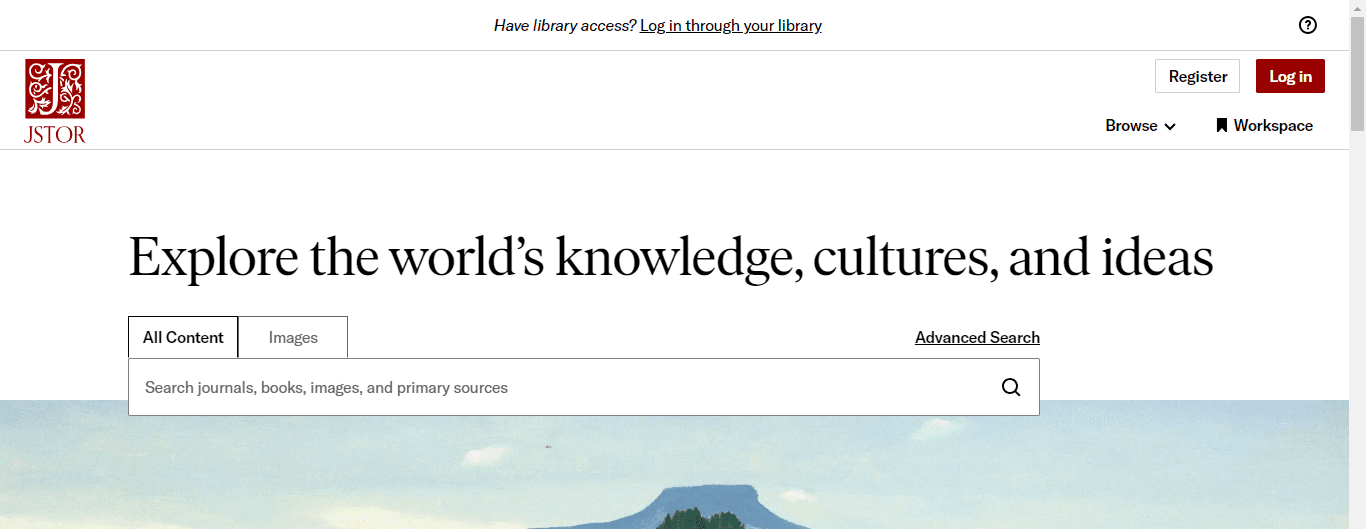
JSTOR is a reputable digital library that provides access to a wealth of academic journals, books, and primary sources. With a focus on arts, humanities, and social sciences, JSTOR is an excellent resource for comprehensive academic research. The platform is handy for literature reviews, historical research, and accessing original journal articles.
It’s important to note that JSTOR’s breadth of coverage can help you find reliable sources for nearly any topic. If you’re writing an academic paper, this is a go-to resource. To top it off, JSTOR has a citation tool that helps you automatically generate references in various citation styles.
Google Scholar: The Versatile Peer-Reviewed Source
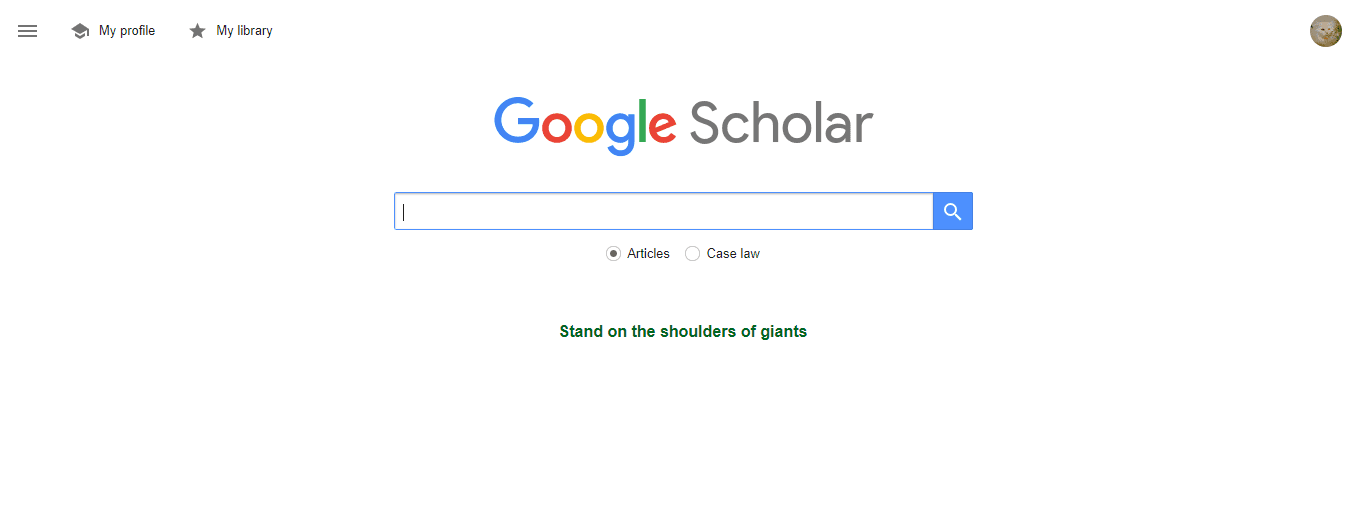
Google Scholar is a freely accessible web search engine that indexes scholarly articles from various disciplines. It pulls content from academic publishers, universities, and repositories, making it a versatile tool for researchers. Use Google Scholar to find citations and links to full-text journal articles. It's also helpful for discovering who has cited a particular article. Setting up Google Scholar alerts can also keep you updated on the latest research in your field of interest.
PubMed: The Best Source for Healthcare Research
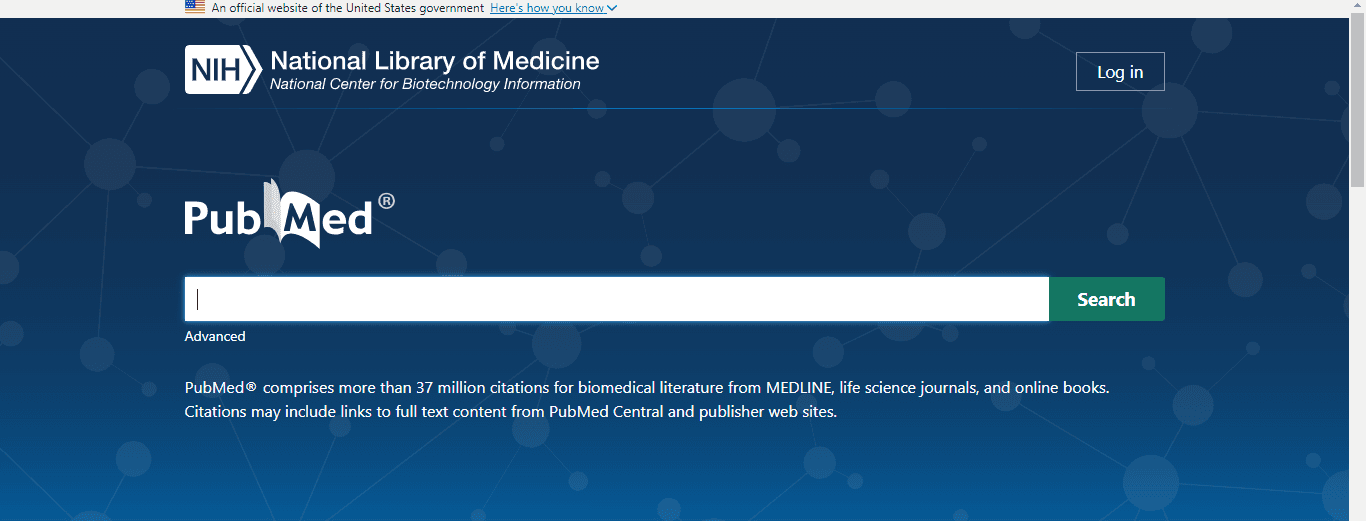
Specializing in life sciences, biomedical, and healthcare-related research, PubMed offers an extensive collection of journal articles related to health and medicine. It’s the go-to source for healthcare professionals and researchers. PubMed is best for accessing medical research, drug trials, and healthcare policy articles. When you arrive at PubMed, you can use filters to narrow your search based on article type, publication date, and access to full text.
ScienceDirect: Cutting-Edge Scientific Research
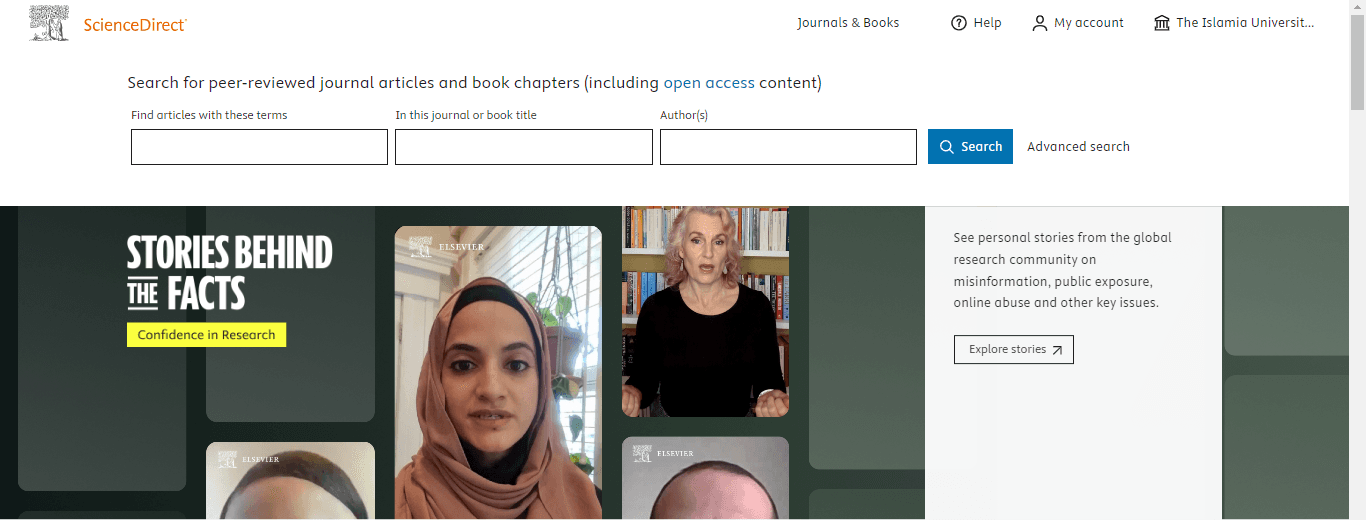
ScienceDirect is a significant repository for scientific and technical research articles. With fields ranging from engineering to environmental science, ScienceDirect offers some of the most authoritative sources in STEM fields. This database is best for cutting-edge research in scientific and technical disciplines. It also provides access to both full articles and abstracts. Check the reference lists of articles on ScienceDirect to find additional valuable sources.
SpringerLink: Academic Research Across Disciplines
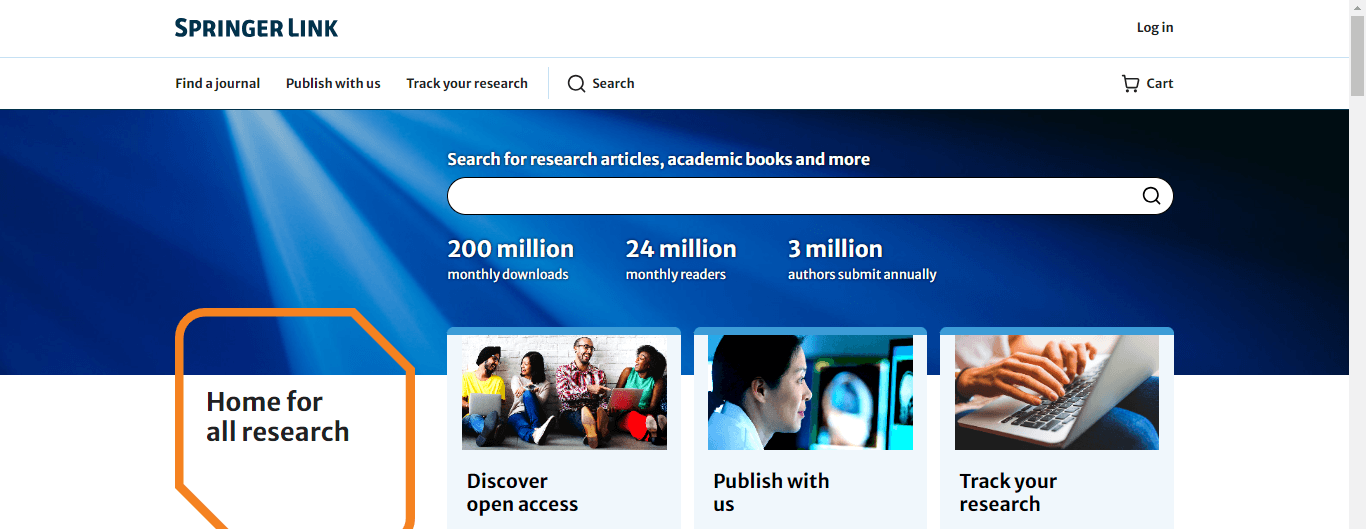
SpringerLink is an expansive platform offering academic books and journal articles covering many science, technology, and medicine fields. It is a reliable resource for both introductory and advanced-level research. SpringerLink is ideal for finding comprehensive research articles and accessing full academic textbooks. Use the advanced search options to filter results by subject, author, and publication year to find the most relevant material.
2. Books and Monographs
Google books: a researcher's best friend.
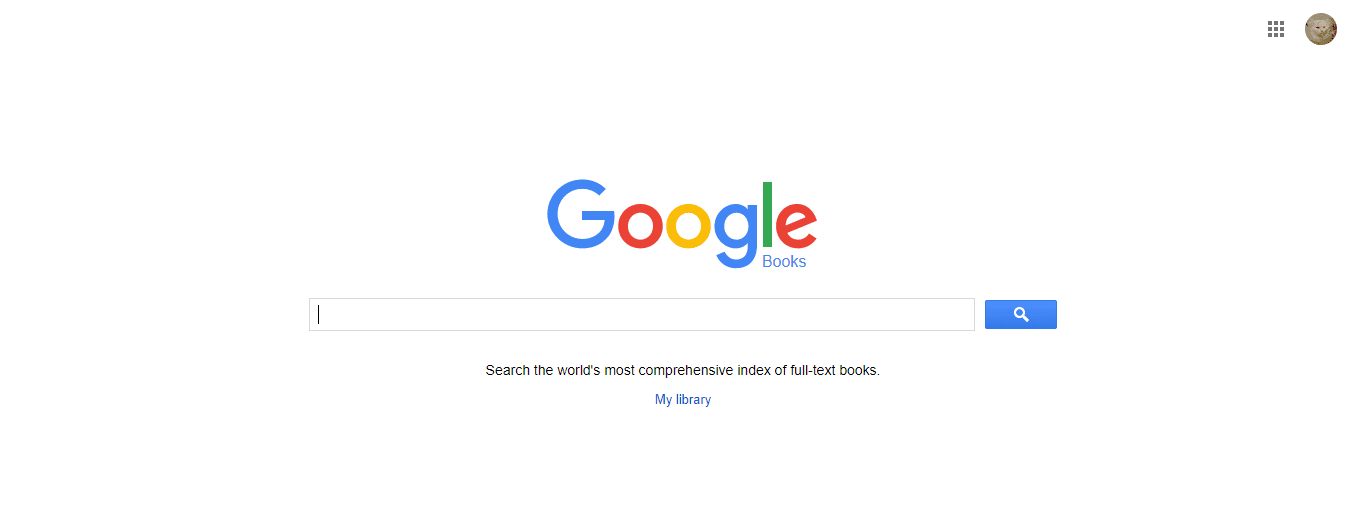
Google Books is a powerful tool that allows users to search the full text of books from various publishers and libraries. While not all books are fully available for free, many offer substantial previews that can be helpful for initial research.
Usage: Use Google Books to identify relevant texts and locate quotes or sections that pertain to your research. It's beneficial for historical and cultural studies.
Tip: Use the citation feature to generate proper references for any book you find quickly.
Project MUSE: The Go-To for Humanities & Social Sciences
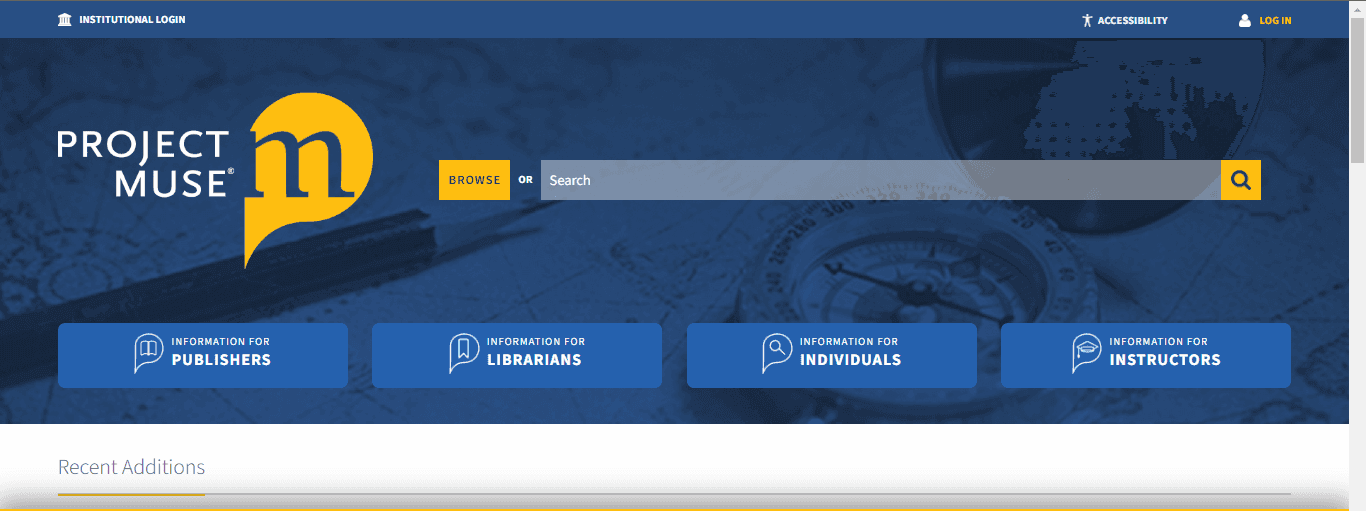
Project MUSE provides access to thousands of academic books and humanities and social sciences journals. It emphasizes quality and accessibility, ensuring users have access to high-quality content.
Usage: It's best suited for literary and cultural studies, making it ideal for researchers in those fields.
Tip: Explore the "Browse" feature to discover new books related to your study area.
Springer eBooks: Cutting-Edge Research at Your Fingertips
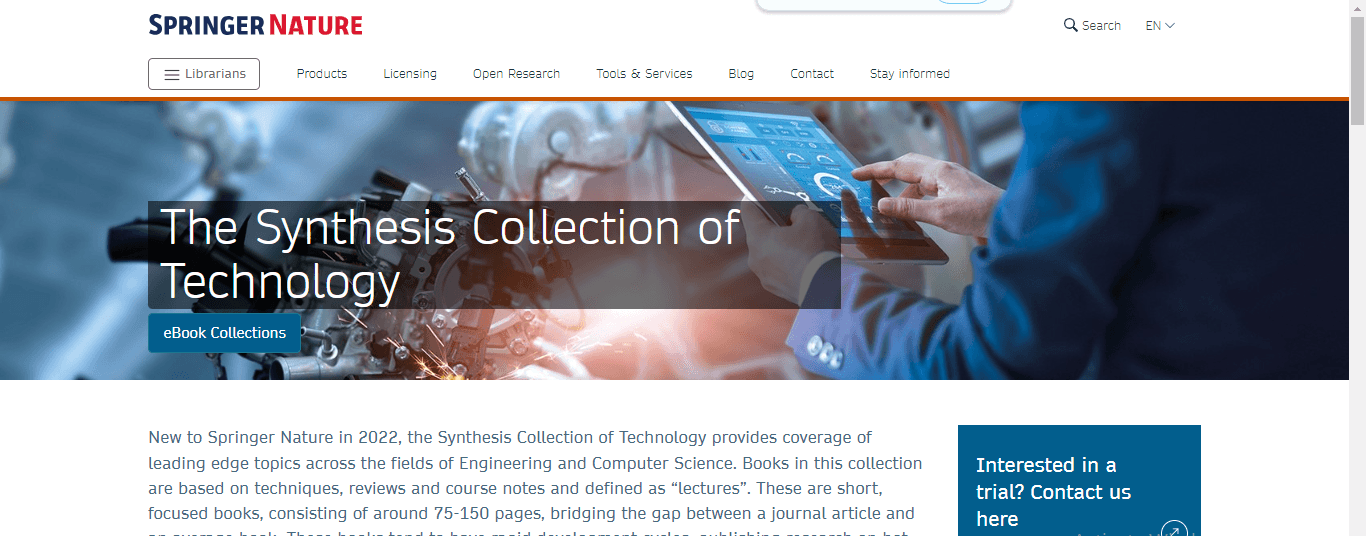
Springer offers a vast collection of eBooks covering a range of scientific and technical subjects. Leading experts often write their publications and provide cutting-edge research findings.
Usage: Use Springer eBooks for in-depth computer science, engineering, and natural science studies.
Tip: Check if your institution can access Springer's collections for free downloads.
Open Library: A Treasure Trove of Public Domain Works
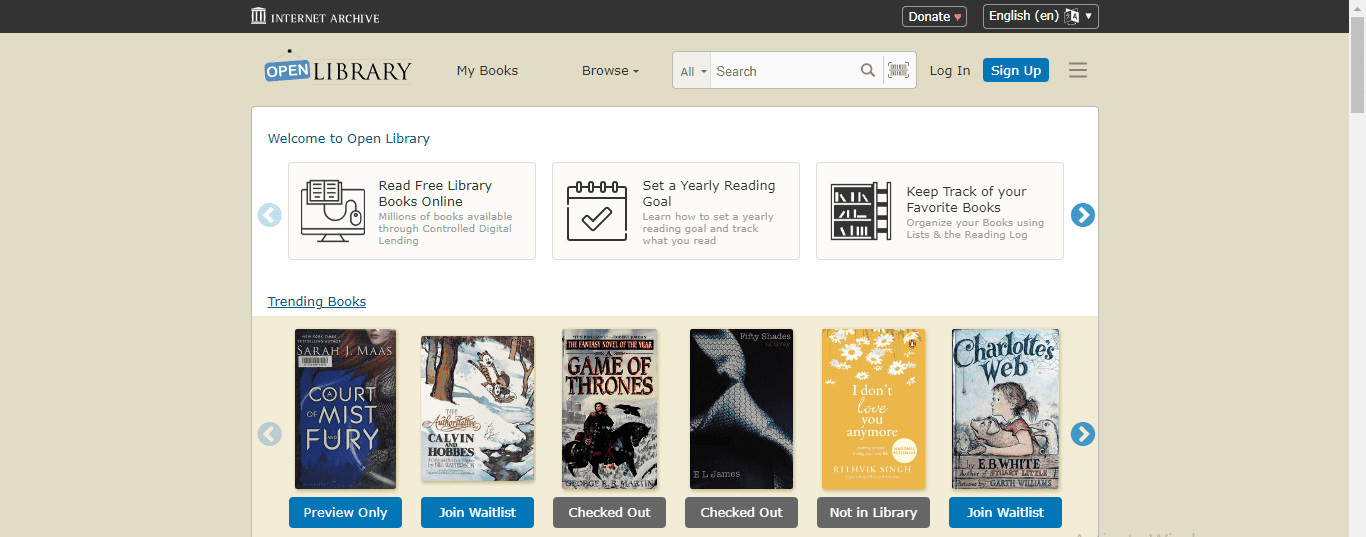
Open Library is an initiative of the Internet Archive that provides access to millions of books, many of which are in the public domain. It's a fantastic resource for finding historical texts and classic literature.
Usage: Open Library is especially useful for accessing older academic texts that may not be readily available elsewhere.
Tip: Use the "Borrow" feature to access books that are not in the public domain temporarily.
Wiley Online Library: Up-to-Date Research Across Disciplines
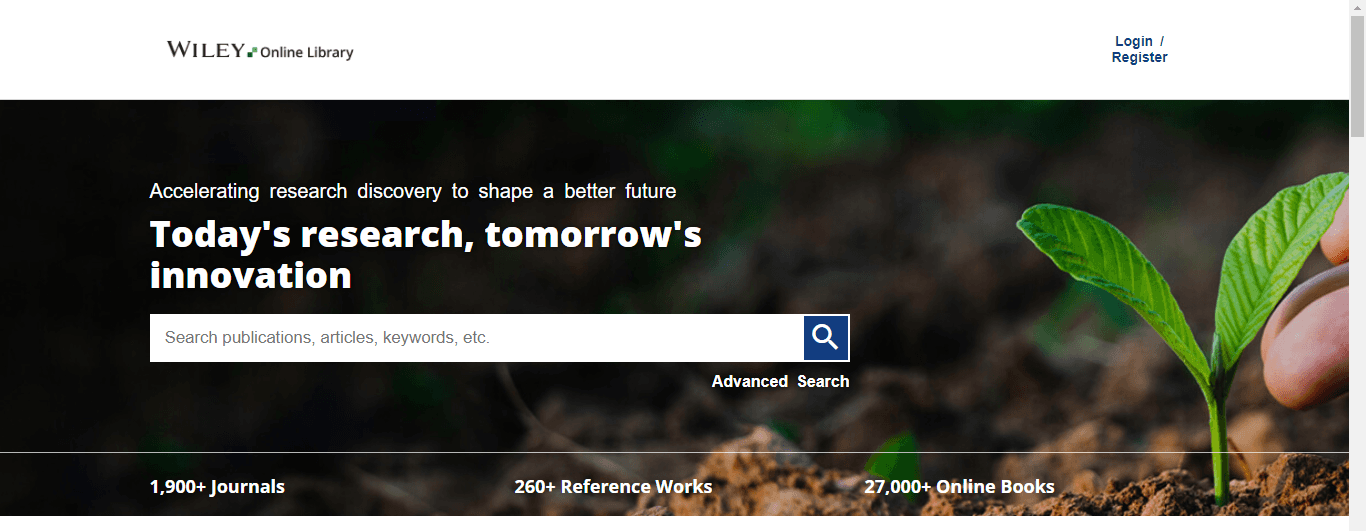
Wiley Online Library offers a vast collection of scholarly articles and books across various disciplines, strongly emphasizing the sciences and health fields. Its extensive database includes both current and archived materials.
Usage: It's excellent for up-to-date life sciences, engineering, and business research.
Tip: Use Wiley's advanced search to narrow results by discipline, publication date, and type of content.
3. Journal Articles and Conference Papers
Journal articles and conference papers represent some of the most current research findings in various fields. These sources are often peer-reviewed, ensuring credibility and scholarly rigor, essential for academic work.
Peer-Reviewed Journals: Your Best Bet For Academic Research
Peer-reviewed journals are a cornerstone of academic research. Articles published in these journals undergo a rigorous evaluation process by field experts, enhancing their reliability and validity.
Usage: Utilize peer-reviewed articles to provide evidence for your arguments, ensuring your claims are backed by credible research.
Tip: Use databases like JSTOR, PubMed, or Scopus to search for high-quality journal articles related to your research topic.
Conference Papers: The Latest Research Before It’s Published
Conference papers are presentations made at academic conferences. They often showcase the latest research findings before they are published in journals. They provide a glimpse into emerging trends and cutting-edge studies.
Usage: Leverage conference papers to stay updated on new developments and theories that may still need to be widely published.
Tip: Attend academic conferences in your field or access their proceedings to find relevant papers.
Google Scholar: An Academic Search Engine For Everybody
Google Scholar is a freely accessible search engine that indexes scholarly articles across various disciplines. It’s an excellent tool for discovering academic sources , including theses, books, and conference papers.
Usage: Use Google Scholar to find peer-reviewed articles and preprints, making it a versatile tool for research.
Tip: Set up alerts for specific keywords to receive notifications about new publications in your area of interest.
PubMed Central: Your Go-To for Life Sciences Research
PubMed Central (PMC) is an accessible digital repository that archives biomedical and life sciences journal literature. It’s a valuable resource for researchers in the health and medical fields.
Usage: Use PMC to access full-text articles in the life sciences, ensuring you can reference the latest research in these areas.
Tip: Explore PMC’s “Journals” section for a comprehensive list of available publications.
IEEE Xplore: An Engineering and Technology Powerhouse
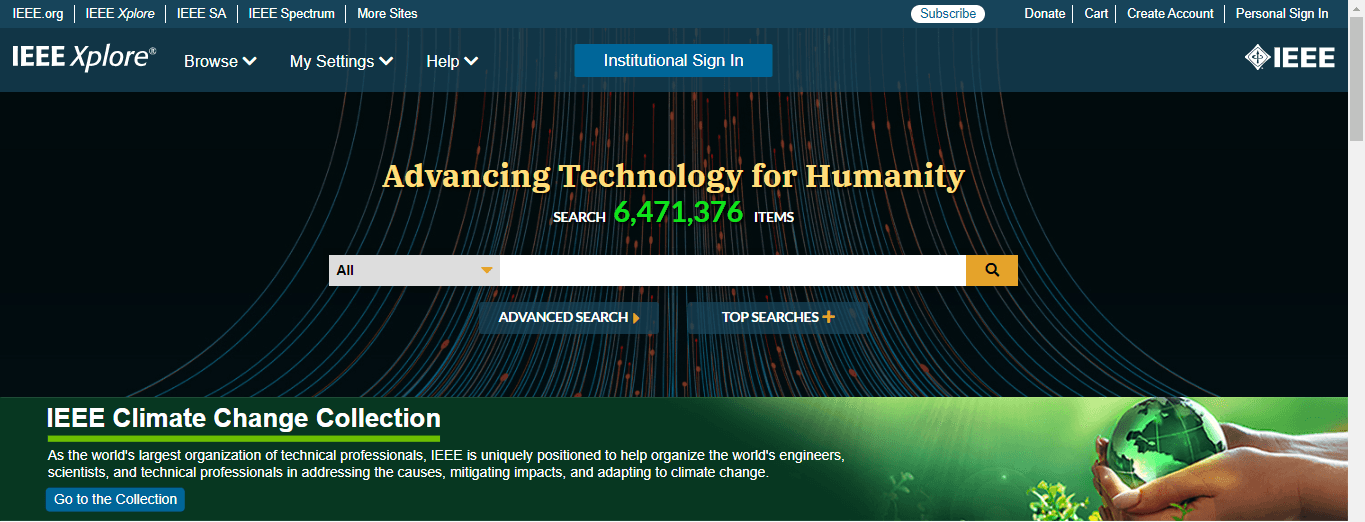
IEEE Xplore provides access to vast literature in engineering and technology. It includes journals, conferences, and standards published by the IEEE and IET.
Usage: It benefits engineering and technology research, providing access to cutting-edge studies and innovations.
Tip: Utilize IEEE Xplore’s advanced search features to refine your results based on specific criteria, such as publication year or document type.
4. Books and Government Publications
Academic books provide thorough discussions of specific topics, theories, and methodologies. They often compile research from various authors and include extensive bibliographies. For instance, The Handbook of Communication Science, published by the prestigious academic publisher Routledge, offers comprehensive coverage of communication theory, research methods, and various communication subfields.
Edited by Nobel Prize winner William D. Nordhaus, textbooks like this are excellent resources for finding established communication theories for your research. Use academic books to understand your research area better and reference established theories and frameworks. University libraries or platforms like Google Books can be excellent resources for finding relevant scholarly literature.
Textbooks: Get the Basics Down First
Textbooks are designed to educate and provide foundational knowledge in specific subjects. While they may not always be cutting-edge, they offer valuable summaries of key concepts and theories. For example, An Introduction to Communication Studies provides an overview of the major theories and approaches in communication.
Starting with textbooks like this can help ground your understanding of communication before diving into more advanced research—reference textbooks to explain fundamental principles related to your research topic. Check the latest editions to ensure the information is current and relevant.
Government Reports: Reliable, Data-Driven Insights
Government reports are official documents published by government agencies. They often provide statistical data, policy analyses, and regulatory information relevant to various fields. For example, the U.S. Census Bureau publishes annual reports on income and poverty in the United States.
These reports summarize data collected from the American Community Survey, providing insights on how income and poverty levels change over time and by demographic characteristics. Use these reports to support claims with credible data and insights, particularly in public policy or social sciences research. Explore government websites, such as USA.gov, or specific agency sites to find pertinent reports.
Theses and Dissertations: Unlock New Research Angles
Theses and dissertations are extensive research projects conducted by graduate students. They can offer unique insights into specific topics and often include comprehensive literature reviews. For instance, if you’re studying the effects of social media on mental health, you might find a dissertation that explores a similar angle.
Like how social media affects adolescents' mental health, utilizing this document can help you discover new research angles, review extensive bibliographies that can guide your sourcing, and access databases like ProQuest Dissertations & Theses for a vast repository of academic theses.
Online Libraries and Repositories: Find Hard-to-Access Sources
Digital libraries, such as Project Gutenberg or the Internet Archive, provide access to many books, including historical texts and academic literature. For instance, if you’re studying the works of early communication theorists like Harold D. Lasswell or Walter Lippmann, you might find primary source material in an online repository. These materials can be invaluable for finding hard-to-access sources or including classical works in your research. Use advanced search options to narrow down to the most relevant materials for your study.
Start Writing for Free Today With Jotbot
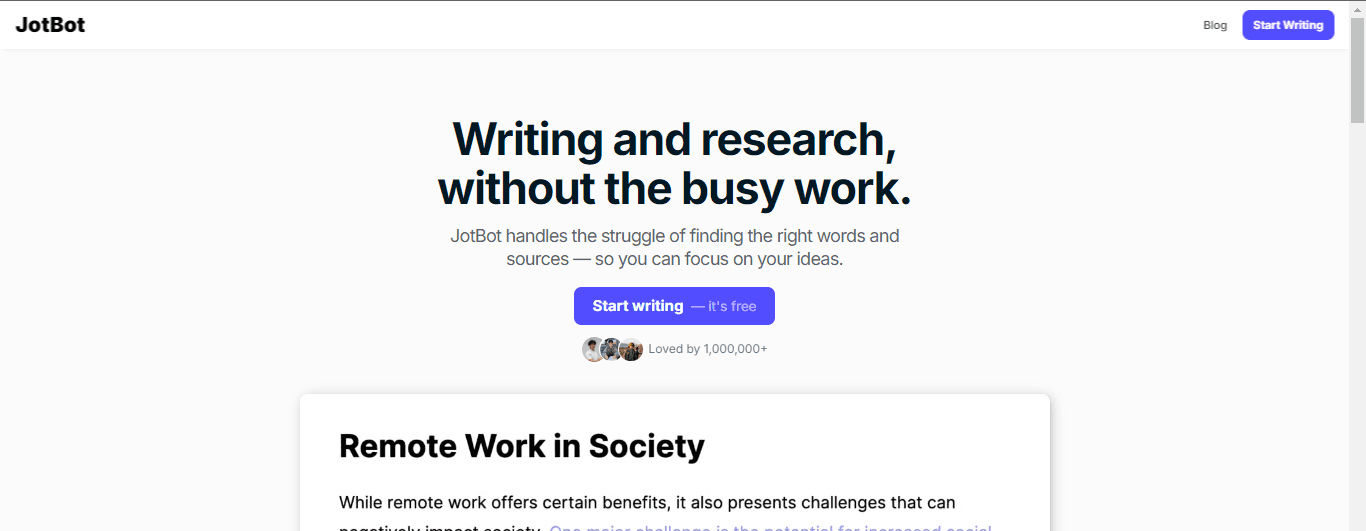
Integrating books and government publications into your research ensures a more robust and well-rounded scholarly approach. Jotbot is your personal document assistant and source finder . Jotbot does AI note-taking, AI video summarizing, AI citation/source finder, writes AI outlines for essays, and even writes entire essays with Jotbot’s AI essay writer.
Join 500,000+ writers, students, teams, and researchers worldwide to write more, write better, and write faster with Jotbot's AI writing assistant . Write more brilliantly, not harder, with Jotbot's AI writing assistant. Start finding sources for free with Jotbot's source finder today. Sign in with Google and get started in seconds.

Research Made Easy: Jotbot's Streamlined Note-Taking
Jotbot’s AI-powered note-taking feature revolutionizes how users capture and organize their research information. Unlike traditional methods that can be time-consuming and inefficient, Jotbot allows users to take structured notes effortlessly during lectures, meetings, or while reading academic papers.
The primary advantage of using Jotbot for note-taking is its ability to summarize and highlight key points, enhancing the information's clarity and usability. This is particularly beneficial for students and researchers who manage information from various sources. For instance, when preparing for a research project, users can quickly compile essential details, making reviewing and integrating data into their work more manageable.
Consider a student attending a lecture where multiple complex concepts are discussed. Instead of frantically writing everything down, they can use Jotbot to capture the main ideas and insights. Later, when studying for exams or writing papers, they have organized notes that directly address the topics discussed, complete with essential details highlighted for easy reference.
Say Goodbye to Citation Headaches with Jotbot's AI-Powered Citation and Source Finding
Jotbot excels in helping users find and cite academic sources efficiently through its AI-powered citation/source finder. This tool can quickly search academic databases and provide relevant sources aligned with a user's topic of interest. This feature saves time and ensures citation accuracy, which is critical for maintaining academic integrity.
Jotbot formats citations in various styles, such as APA, MLA, or Chicago, allowing users to focus on content rather than citation mechanics. For example, when writing a research paper on climate change, Jotbot can suggest relevant articles, studies, and papers published on the topic. It retrieves these sources swiftly, formats them correctly, and allows users to integrate them into their work without the hassle of manually searching through academic journals or databases.
Jotbot Makes Research and Writing a Seamless Process
Beyond note-taking and citation, Jotbot’s capabilities extend to writing assistance. Users can draft essays and outlines based on their notes and sources, creating a seamless workflow from gathering information to producing a final document.
A study by Educause Review notes that technology-enhanced learning tools, like Jotbot, contribute significantly to improved research efficiency and academic performance among students. Using Jotbot, users can engage more deeply with their research, leading to more insightful analysis and higher-quality outputs.
User-Friendly Technology for All Types of Students
Research from TechSmith highlights that adaptable technology can lead to better educational outcomes. Jotbot’s intuitive interface and AI features empower users of all skill levels, from novice students to experienced researchers, to utilize its tools effectively. By emphasizing these aspects, it’s clear that Jotbot significantly enhances the research process through its efficient note-taking and citation capabilities, which are essential for students, professionals, and researchers.
• Best AI Tool For Research • Reference Finder • Best AI For Research • How to Cite AI • AI For Literature Review • Websites Like Google Scholar • AI That Cites Sources • Best Academic Search Engines • Academic Research Software • How To Use Chat GPT For Research • Best Research Tools For Students
Jotbot is your personal document assistant and source finder . Jotbot does AI note-taking, AI video summarizing, and AI citation/source finder; it writes AI outlines for essays and even writes entire essays with Jotbot’s AI essay writer. Join 500,000+ writers, students, teams, and researchers worldwide to write more, write better, and write faster with Jotbot's AI writing assistant .
• Scholarly Sources Examples • Sourcely • AI Research Tools • Elicit AI • Scisummary • Scholarcy AI • Consensus AI Tool • Mendeley Alternatives • Cite This For Me Alternative • How to Find Scholarly Sources • List of Scholarly Sources • Examples of Peer Reviewed Sources • How to Cite a Book • How to Cite an Article • How to Cite • How to Cite a PDF • How to Cite Multiple Authors MLA • How to Cite a Website in Text • How to Cite a Lecture • How to Cite ChatGPT
Trusted by top universities and businesses

Loved by 1,000,000+
Write more, better, faster..
Your personal AI document assistant
Start writing — it's free
Your personal document assistant.
Start for free
Press enquiries
Influencer Program
Terms & Conditions
Privacy policy
AI Essay Writer
AI Source Finder
AI Outline Generator
How to Use JotBot AI
© 2024 JotBot AI by SLAM Ventures, LLC all rights reserved
© 2024 SLAM Ventures, LLC

IMAGES